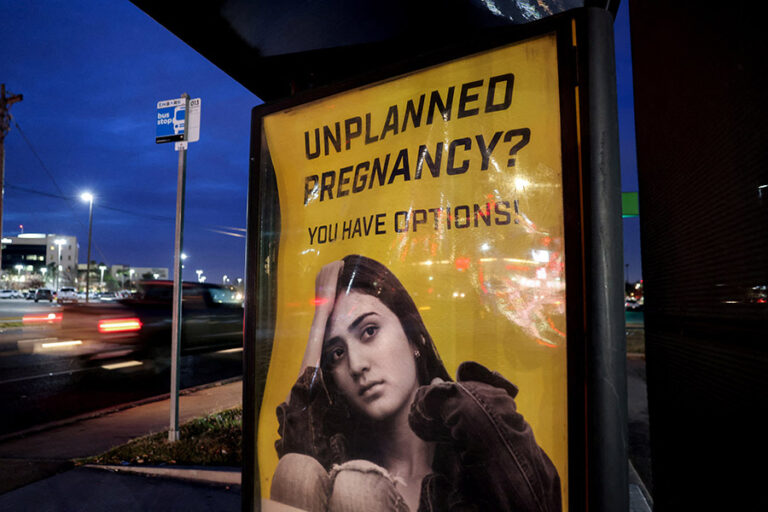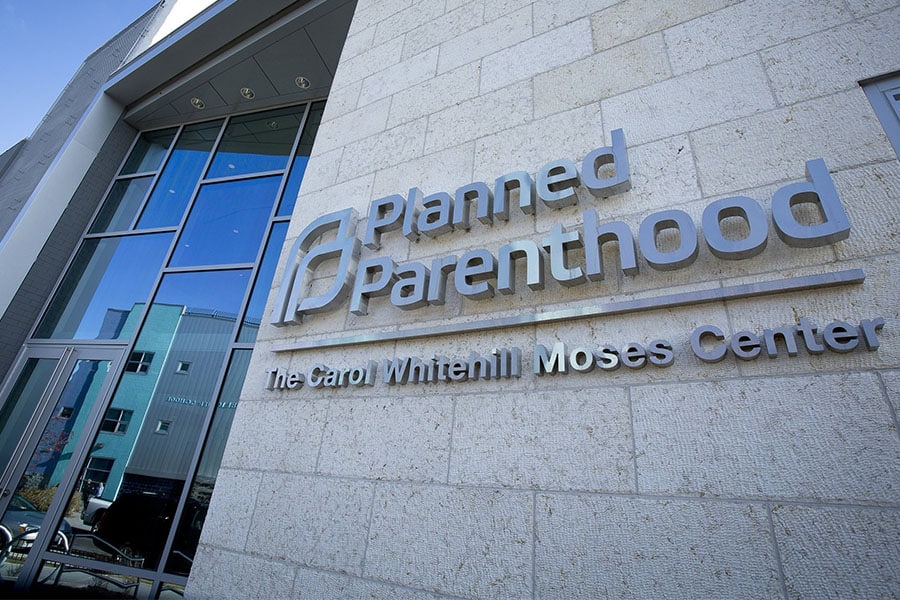For the first time in some 50 years, states have an unprecedented opportunity to explore anew ways to regulate abortion services and at a time when some employer health insurance plans have already entered the fray.
The U.S. Supreme Court’s ruling June 24 in the Dobbs v. Jackson Women’s Health Organization that overturned the court’s landmark Roe v. Wade ruling returned the legislative authority to regulate abortion to the states.
Before Roe v. Wade, “for the most part, most states were trying to figure out if there was a different way to regulate (abortion) but the Supreme Court shut that down; now we are painting on a black canvas, with nothing from the last 50 years,” said Peter Breen.
He is vice president and senior counsel for the Chicago-based Thomas More Society, a not-for-profit law firm that focuses on the defense of First Amendment rights.

“Anybody legislating in the 1960s or 1970s is either dead or retired, so we have gone 50 years with no significant legislation on abortion since Roe v. Wade shut that down including (conversations) on the substance of abortion,” said Breen.
He also is a founder of a crisis pregnancy center in Illinois and who served two terms as an Illinois state representative from 2015 to 2019, including as Republican floor leader from 2017 to 2019.
By removing abortion from the status of a constitutional right, the court has made possible a more vigorous public discourse as to what really happens in an abortion, when life actually begins, and why women seek to end the lives of their unborn children, observers note.
Key to conversations happening around the U.S. right now is the legality of a woman traveling across state lines for an abortion if access is limited or becomes more restricted or even outlawed where she lives.
At least half of states plan to ban or restrict abortions with the Dobbs decision in place. To date, 13 states have enacted trigger laws that were in place in place to ban abortions right away upon Roe’s reversal.
Texas, Oklahoma and Kentucky in recent months all have passed abortion laws either temporarily or permanently suspending access to most abortions, whereas states like Illinois and California have taken a number of steps to signal its role as a kind of safe haven for abortion services.
And dozens of large employers such as Amazon and Starbucks have stated they will now offer to pay for some or all of those travel related abortions for its employees.
Breen said that following the Supreme Court’s Dobbs opinion, “our advice is that states should be strong in preventing paying for or assisting individuals to go out of state specifically to get abortions because states have an interest in protecting their children and unborn children and that (legislation) should sweep in abortionists and woke corporations working to get the unborn child into the abortion state where he is abused or killed,” he said.
Breen’s home state of Illinois is surrounded by pro-life states but unless they aggressively legislate to protect the lives of their unborn residents even when taken out of state, they are “simply relocating the killing rather than stopping the killing for a large number of these babies.”
Breen notes that a member of the Thomas More Society helped draft a version of the Texas Heartbeat Act of the Texas Legislature, which bans abortion after about six weeks of pregnancy.
It is reportedly the first abortion restriction to rely solely on enforcement by private citizens being allowed to file a civil lawsuit against individuals who provides an abortion or “aids or abets” an abortion in violation of the ban.
The Texas law serves as an important case study of where abortion regulation might be headed.
“We learned a significant number of women went across state lines to seek an abortion but not all. So (the Texas situation) is a challenge and an example we can look at that is recent and fresh,” Breen told Catholic News Service in a phone interview.
“Abortion advocates … to a person all concede that states have a right to regulate conduct protecting their citizens traveling out of state,” he said. “The question is will we step forward to protect against out-of-state abortions.”
So far no state has enacted a law to prohibit women from cross state lines to get an abortion. The U.S. House July 15 passed the Ensuring Access to Abortion Act in a 223-205 vote to ban states from punishing those who travel out of state “for reproductive health care.” The measure still has to be taken up in the U.S. Senate.
The Thomas More Society has started a legislative assistance program to help pro-life lawmakers in other states build on the momentum of the Dobbs decision.
“We should not sit quietly but rather start pushing state legislatures to protect unborn children — when you win you push harder to grasp the victory that Dobbs allows us to achieve,” Breen said.
In states where abortion is prohibited, legislators are to be applauded, he said, “but you have to ask are they also willing to address the issue of woke corporations taking your unborn children out of state for abortions?”
Target, Citigroup Inc. and JPMorgan Chase & Co. are among companies reportedly adding a benefit that covers travel expenses to get an abortion, while Starbucks, Corp, Uber Technologies and Amazon.com and Dick’s Sporting Goods also have said they would reimburse travel for medical services including abortion, according to a recent Wall Street Journal report.
Walmart, the nation’s largest employer, said it is reviewing its abortion coverage but generally hasn’t covered the costs of abortions unless the life of the mother is threatened, whereas the type of health insurance plans offered by large and midsize us companies tend to include some abortion benefits, according to The Wall Street Journal.
The paper also noted the Kaiser Family Foundation reports that around 10 percent of covered U.S. workers are enrolled in employee health plans that specifically exclude or tightly restrict abortion coverage.
“There will certainly be legal fights,” Breen said, adding that states generally have left-leaning supreme courts and pro-life activists and lawmakers will have their work cut out for them ahead.
Breen also suggested that women employed at corporations leading the way in offering to pay for abortion services travel out of state also consider demanding from those same corporations better maternity leave and supportive policies should they have a child.
In the case of Dick’s Sporting Goods, for example, where the CEO recently announced the retailer will provide up to $4,000 to cover the cost of abortion access, Breen sees a workplace “where it might be easy to imagine that what seems to be a subsidy may become coercion as a woman may wish to have a child and take maternity leave,” he said.
Dwain Currier, public policy director for the Virginia-based American Life League, which describes itself as the oldest grassroots Catholic pro-life education organization in the United States, takes a different view of the post-Dobbs landscape: The ruling didn’t address the issue of whether the unborn child is a person and until state amendments take that up the battle is far from over.
The American Life League also does not believe in supporting any legislation that only regulates abortion but still allows it in some instances and circumstances, Currier told CNS.
“I think we will see states and Republican legislatures more active (in) trying to put more restrictions in place, but American Life League believes putting regulations on it only gives it legitimacy,” he said.
“You can’t cooperate with evil and a wicked act of murder and if you believe that there is no sense in trying to regulate that — how can you with a straight face say let’s protect some children here or there and fix the law later,” he said. “It is not for the state to decide who is worthy to live or not.”
Currier also sees cities and states putting measures in place that say unborn children deserve the rights everyone else has and declaring themselves sanctuary areas to resist abortion clinics from getting established in their area.
If this move doesn’t prevent clinics from opening, establishing sanctuary cities at least says that “we will not cooperate with you by any measure,” he said, adding that corporations offering to pay for staff to travel out of state for abortions also should be required to pay for pro-life measures such as adoptions.
“Pro-life advocates employed by these companies such as Amazon should demand the companies be willing to pay for adoption; if they willing pay for abortion why won’t the pay for the travel and other costs for adopting a child from another country,” he said.
“It is interesting to see how corporations that believe the violent abortion decision was between and woman and her doctor,” he added, “are now suddenly between a woman, doctor and an international corporation.”
Read More Respect Life
Copyright © 2022 Catholic News Service/U.S. Conference of Catholic Bishops








